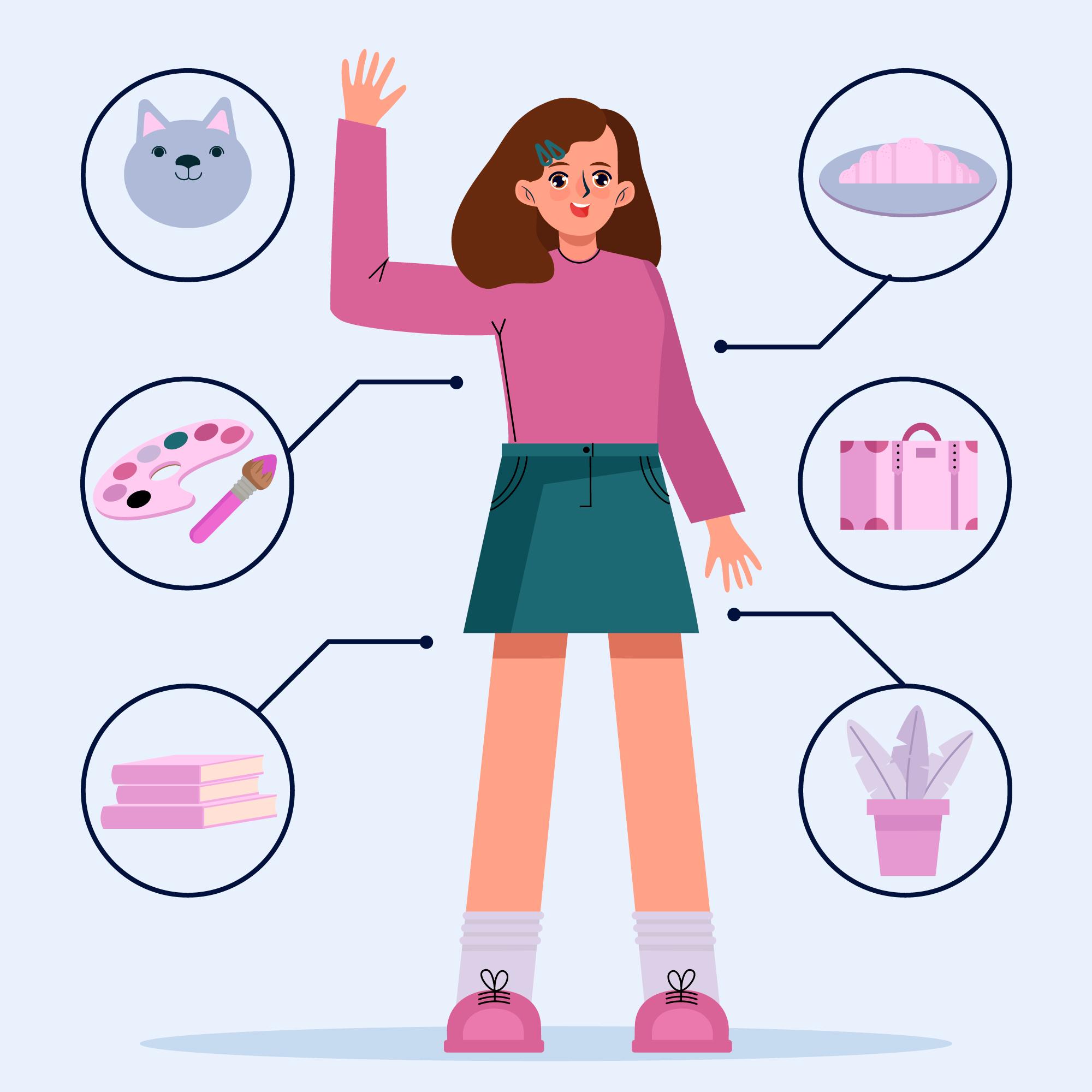
Prevention Tips and Lifestyle Changes for Bell’s Palsy
Introduction: While Bell’s Palsy can’t always be prevented, there are steps you can take to reduce your risk and promote overall facial health. Let’s explore some simple prevention tips and lifestyle changes.
1. Protect Yourself from Infections: Bell’s Palsy can sometimes be triggered by viral infections like the herpes simplex virus. To reduce your risk, practice good hygiene habits like washing your hands frequently, avoiding close contact with sick individuals, and getting vaccinated against viruses like the flu.
2. Manage Stress: Stress is thought to play a role in triggering Bell’s Palsy episodes. Incorporate stress-relieving activities into your daily routine, such as meditation, deep breathing exercises, yoga, or spending time in nature. Prioritize self-care to keep stress levels in check.
3. Maintain a Healthy Lifestyle: A healthy lifestyle can support overall immune function and reduce inflammation, potentially lowering your risk of Bell’s Palsy. Eat a balanced diet rich in fruits, vegetables, lean proteins, and whole grains.
Stay hydrated, get regular exercise, and prioritize quality sleep.
4. Protect Your Face from Injury: Trauma or injury to the face can sometimes lead to Bell’s Palsy. Take precautions to avoid accidents, such as wearing a helmet during sports activities, using seat belts in vehicles, and being mindful of your surroundings to prevent falls or collisions.
5. Avoid Excessive Alcohol Consumption: Excessive alcohol consumption can weaken the immune system and increase inflammation, potentially raising your risk of Bell’s Palsy. Drink alcohol in moderation or avoid it altogether to support overall facial health.
6. Be Mindful of Facial Care: Take care of your facial muscles and nerves by avoiding habits that may strain them. Be gentle when cleansing and moisturizing your face, avoid excessive rubbing or tugging, and practice good eye care habits to prevent dryness and irritation.
Conclusion: While Bell’s Palsy may not always be preventable, adopting healthy habits and making lifestyle changes can reduce your risk and promote overall facial health. By prioritizing immune function, managing stress, and taking precautions to avoid injury, you can support your well-being and reduce the likelihood of experiencing Bell’s Palsy episodes.
To seek medical advice, always consult a Doctor. Here are our recommended experts. Click Here
To read more on Bell’s Palsy. Click Here


